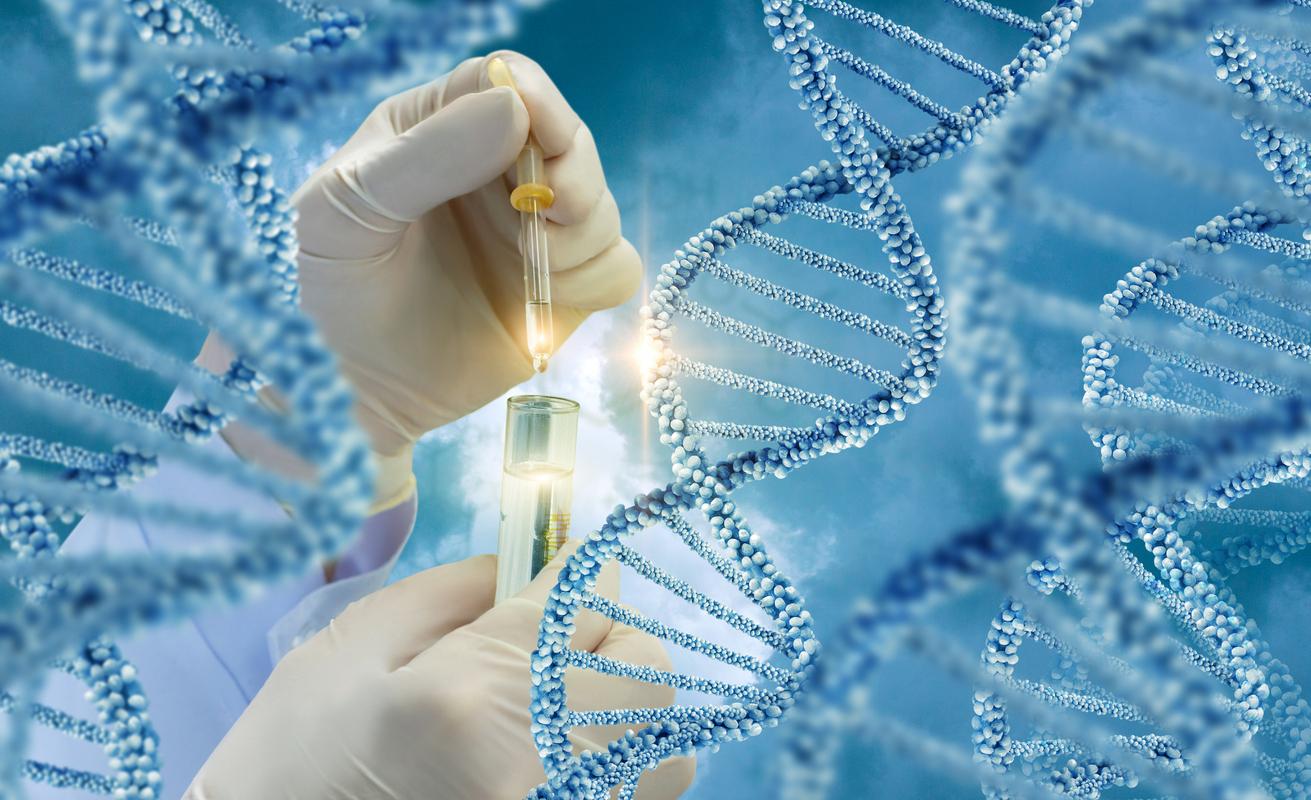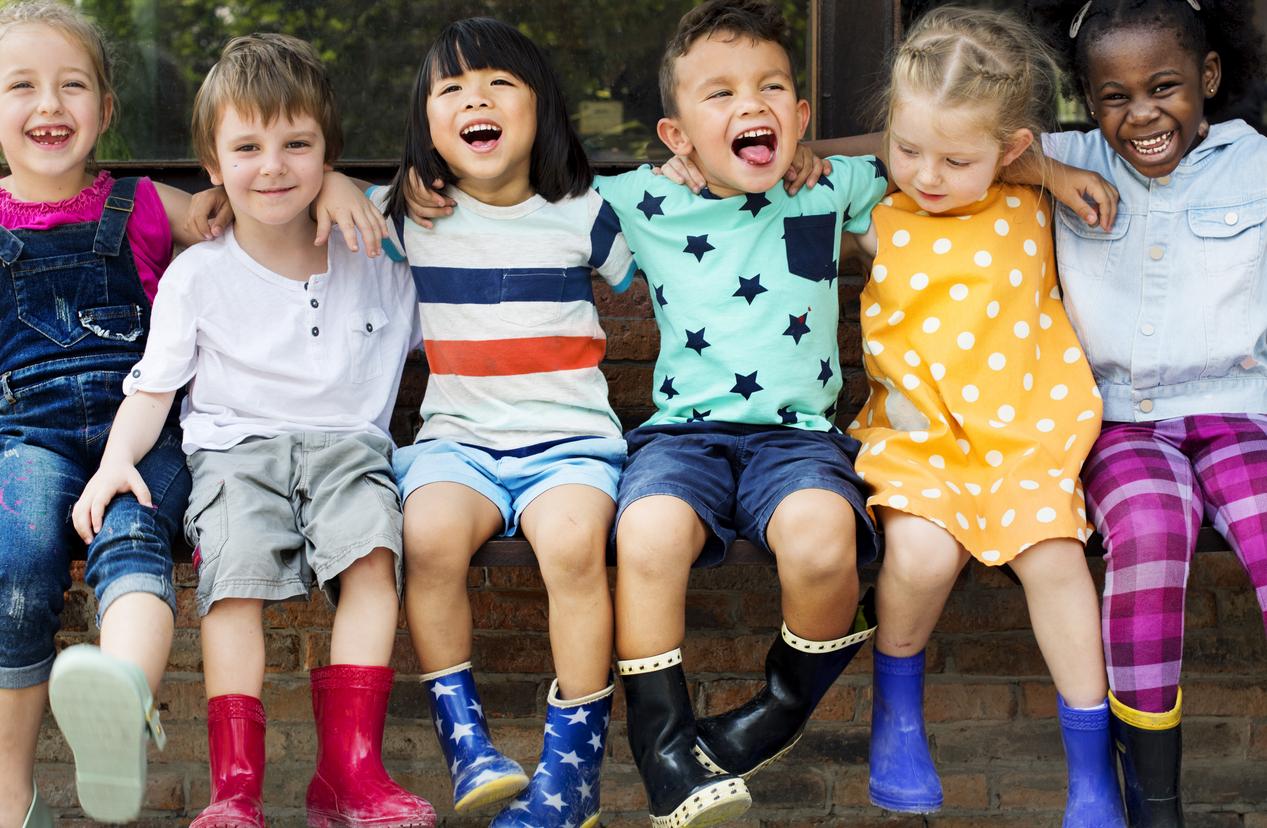Children conceived through IVF perform better in school, a new study finds.

- The oldest child born through IVF is now 43 years old.
- Children conceived through ART are more likely to come from wealthier families who can provide them with financial and emotional resources.
In recent years, more and more couples have encountered difficulties in conceiving a child. To have a baby, many of them have resorted to infertility treatment. Among the techniques of medically assisted procreation (MAP), we find in vitro fertilization (IVF), artificial insemination and reception of an embryo. According to a recent study published in the journal European Journal of Populationchildren born through IVF get better grades in school than those born naturally.
Better school results
To reach this conclusion, Finnish and British researchers analyzed the records of 280,682 children born between 1995 and 2000 in Finland and compared a range of educational and mental health outcomes among adolescents aged 16 to 18. who were conceived naturally (266,925) and by medically assisted procreation (13,757).
According to the results, adolescents born by IVF had better school results. They were also less likely to drop out of school and were less likely to miss an education, find a job, or leave home early than naturally conceived adolescents. “These differences largely disappeared when family circumstances were taken into account, suggesting that socioeconomic background is an important factor in explaining this advantage,” can we read in a statement from University College London.
“An increased risk of mental disorders”
“No major differences were found with respect to mental health and high-risk health behaviors,” the researchers said. But after taking family circumstances into account, they found that children conceived through IVF were more prone to suffer from anxiety and depression in adolescence. According to the authors, the higher likelihood of mental disorders persists when comparing ART-conceived adolescents to their natural-born siblings.
“What we see here is quite reassuring: children conceived through assisted reproduction do well overall and are not in fact more disadvantaged in terms of mental health. However, the fact that we observe an increased risk of mental disorders once we take family characteristics into account could be a cause for concern and merits attention in future research,” concluded Alice Goisis, author of the work.

















